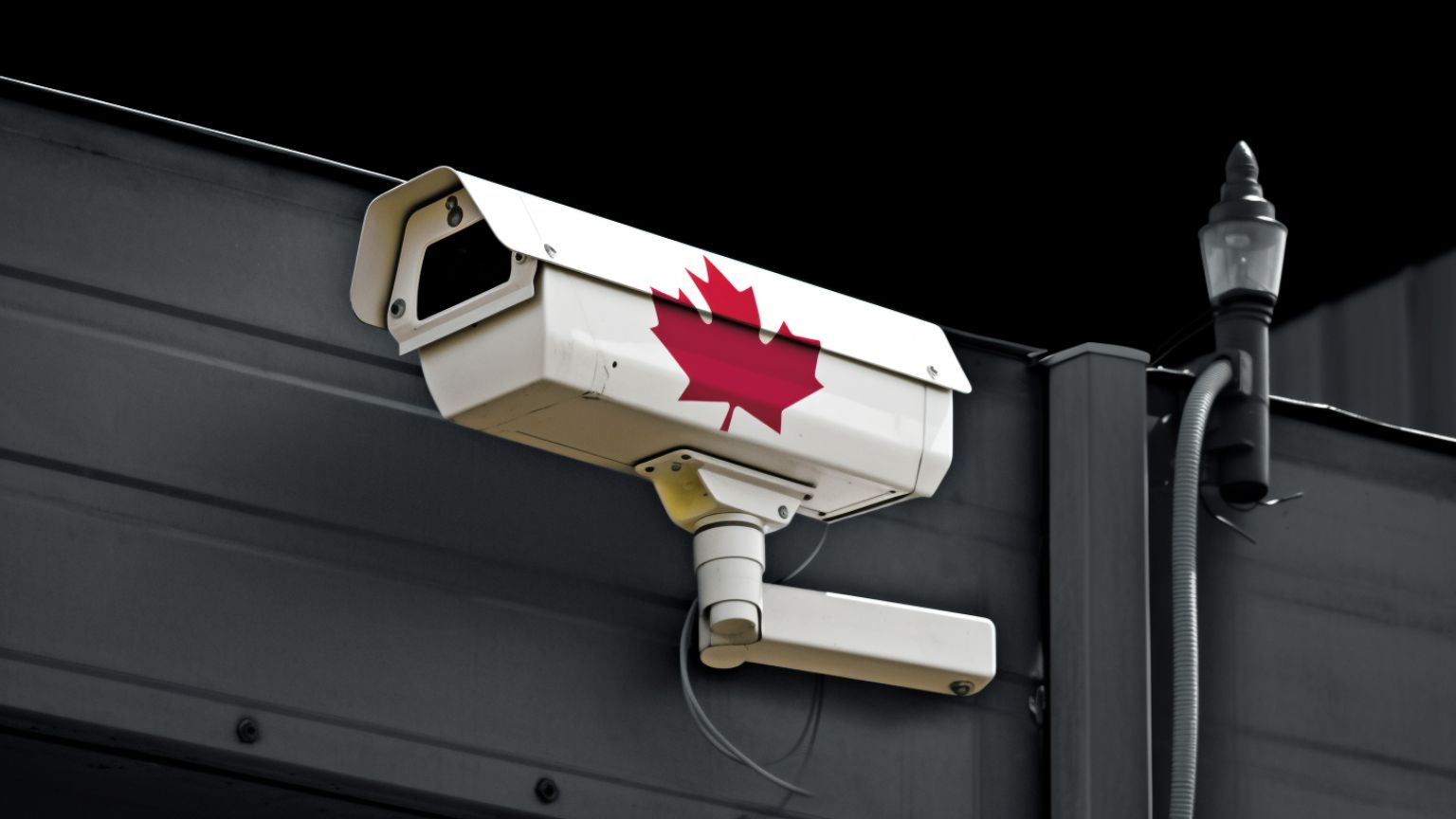Canadian police forces are investigating the use of advanced technology that taps into home and business security camera feeds. This controversial move, lauded by some for its potential to streamline law enforcement, is also raising alarms among privacy advocates and policing researchers, concerned over the potential for overreaching surveillance.
Police services in Canadian cities are contemplating a tech-forward evolution akin to that seen in some US cities, where officers can monitor real-time feeds from a network of private security cameras. These cameras cover crime scenes, emergency incident areas, and everything in between.
Related: Some Private CCTV Footage Is Being Automatically Streamed to Law Enforcement
In early October, the Real-Time Crime Center Operations and Tech Integration conference took place in Mississauga, Ontario. Here, several police agencies, including Hamilton’s, learned about Fusus, a paid service facilitating easier and faster police access to private security camera footage. In the US, it’s an increasingly common crime-fighting tool, but in Canada, its application could be hampered by privacy regulations and public opinion.
Natasha Tusikov, a criminology professor from York University and former analyst with Criminal Intelligence Service Canada, encouraged Canadians to contemplate what kind of policing practices they desire in light of this advancement. As reported by CBC, the technology, as good as it might seem, must not blind us to the important questions about privacy and individual rights, she said.
However, Tusikov asserts that availability should not dictate usage policy. Deeming Fusus as potentially “problematic,” she compared its use to that of Clearview AI, a controversial facial recognition tool banned by privacy watchdogs.
Skepticism also abounds regarding the system’s effectiveness and appropriateness in crime prevention. Critics argue the technology’s integration would likely exert undue pressure on neutral parties to conform, thereby reducing privacy in neighborhoods.
Various Canadian police services at the conference confirmed they aren’t currently using Fusus nor are they contemplating its future use. According to an email from Vito Pilieci, senior communications advisor for Canada’s Privacy Commissioner’s office, a technology such as Fusus, with its far-reaching implications on individual privacy, would warrant considerable justification and proportionality assessments.













